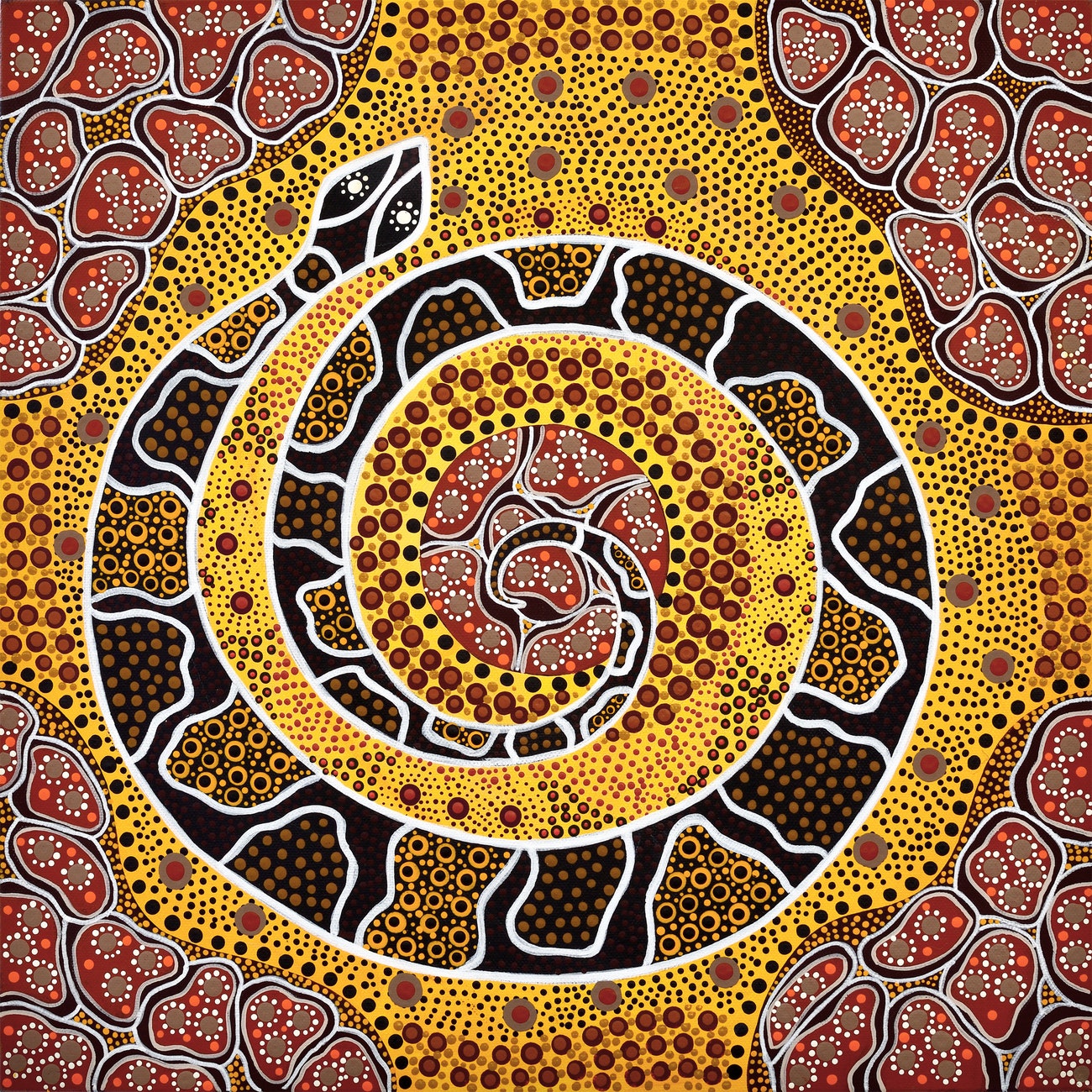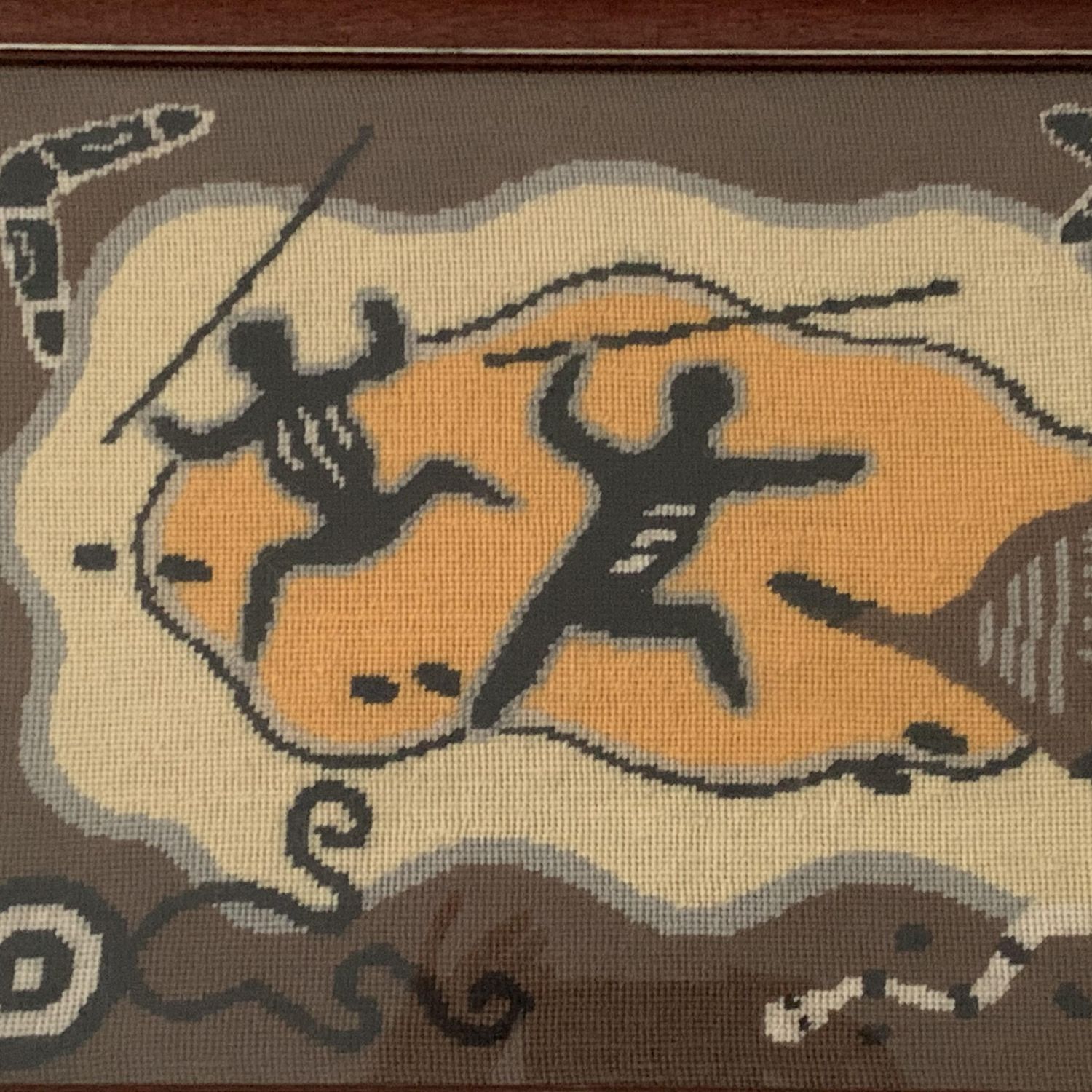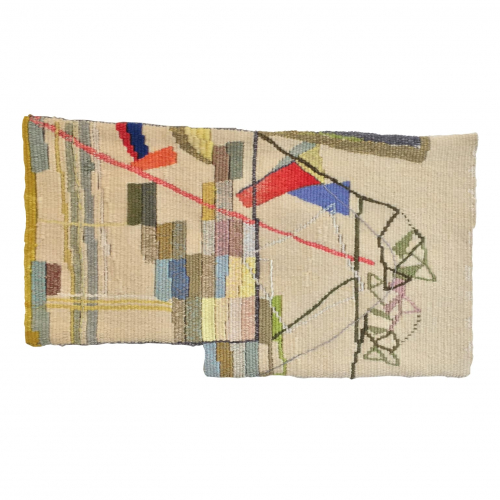Uncovering the Rich Tapestry of Australian Indigenous Male Names
Uncovering the Rich Tapestry of Australian Indigenous Male Names

Australia’s Indigenous cultures are as diverse as the land itself, with each language group boasting a unique and vibrant heritage. This rich tapestry extends to their naming practices, where names hold deep meaning and significance, reflecting ancestral connections, personal attributes, and hopes for the future.
This article delves into the fascinating world of Australian Indigenous male names, exploring their origins, meanings, and cultural significance. We’ll uncover the stories behind these names, highlighting the enduring legacy of Indigenous language and tradition.
Related Articles: Uncovering the Rich Tapestry of Australian Indigenous Male Names
- A Taste Of The Outback: Exploring The Delicious World Of Australian Native Fruits
- Unveiling The Beauty Of Aboriginal Girl Names: A Journey Through Meaning And Significance
- Unveiling The Mysteries: A Deep Dive Into Aboriginal Dreamtime Symbols And Their Meaning
- The Buzz About Bees: Why These Tiny Creatures Are Essential To Our Ecosystem
- The Rhythms Of The Land: Exploring The Diverse World Of Aboriginal Musical Instruments In Australia
The Significance of Names in Indigenous Culture
In Indigenous cultures, names are not merely labels but powerful symbols that connect individuals to their ancestors, community, and the natural world. A name is a gift, carefully chosen to reflect the child’s lineage, personality, or even the circumstances of their birth.
Traditional Naming Practices
Indigenous naming practices vary across the vast Australian continent. However, some common themes emerge:
- Ancestral Lineage: Names often connect individuals to their ancestral lineage, honoring the spirits of their ancestors and maintaining a strong sense of cultural identity.
- Birth Circumstances: The time of birth, the location, or even the weather conditions can influence a child’s name.
- Physical Characteristics: A child’s physical appearance, such as their hair color or eye color, might inspire their name.
- Personal Qualities: Names can reflect desired qualities for the child, such as strength, courage, or wisdom.
- Animal and Plant Symbolism: The natural world plays a significant role in Indigenous cultures, and many names are derived from animals, plants, or geographical features, signifying a deep connection to the land.

Exploring the Meaning Behind Indigenous Male Names
Here are some examples of Australian Indigenous male names, along with their meanings and cultural significance:

Aboriginal:
- Jarrod (Wiradjuri): Meaning "to hunt," this name reflects the importance of hunting and gathering in traditional Indigenous life.
- Kieran (Wiradjuri): Meaning "a strong wind," this name symbolizes power and resilience.
- Lachlan (Wiradjuri): Meaning "a large river," this name reflects the significance of water in Indigenous culture.
- Corey (Wiradjuri): Meaning "a young man," this name signifies a new beginning and the promise of the future.
- Blake (Wiradjuri): Meaning "a black snake," this name embodies strength, wisdom, and connection to the natural world.
- Dylan (Wiradjuri): Meaning "a young warrior," this name represents courage and bravery.

Torres Strait Islander:
- Mervyn (Kala Lagaw Ya): Meaning "a strong man," this name highlights the importance of physical strength and leadership.
- Wayne (Kala Lagaw Ya): Meaning "a wise man," this name signifies knowledge and wisdom.
- Jason (Kala Lagaw Ya): Meaning "a skilled fisherman," this name reflects the importance of fishing in Torres Strait Islander culture.
- Dean (Kala Lagaw Ya): Meaning "a protector," this name symbolizes responsibility and care for the community.
- Luke (Kala Lagaw Ya): Meaning "a healer," this name signifies the importance of traditional medicine and healing practices.
Beyond the Names: The Importance of Cultural Preservation
Understanding the meaning and significance of Indigenous names is not just about appreciating the beauty and diversity of Indigenous languages. It’s about recognizing the importance of cultural preservation and acknowledging the enduring legacy of Indigenous knowledge and tradition.
By learning about Indigenous names, we gain a deeper understanding of the rich cultural tapestry of Australia. We can foster respect and appreciation for Indigenous cultures and contribute to the ongoing efforts to revitalize Indigenous languages and traditions.
The Future of Indigenous Names
In recent years, there has been a growing interest in Indigenous names, with more and more families choosing to give their children names with deep cultural significance. This trend is a testament to the increasing awareness and appreciation for Indigenous culture.
The future of Indigenous names is bright. As Indigenous communities continue to reclaim their cultural heritage, the practice of naming will continue to play a vital role in shaping the identity of future generations.
FAQ about Australian Indigenous Male Names
Q: What are some common Indigenous male names?
A: Some common Indigenous male names include Jarrod, Kieran, Lachlan, Corey, Blake, Dylan, Mervyn, Wayne, Jason, Dean, and Luke.
Q: How can I learn more about Indigenous names?
A: You can learn more about Indigenous names by visiting the websites of Indigenous language organizations, cultural centers, and museums. You can also reach out to Elders and community members for guidance and information.
Q: Can I use an Indigenous name if I am not Indigenous?
A: It is important to be respectful of Indigenous culture and to avoid appropriating Indigenous names. If you are not Indigenous, it is best to choose a name that is meaningful to you and your family.
Q: What is the significance of Indigenous names?
A: Indigenous names hold deep meaning and significance, reflecting ancestral connections, personal attributes, and hopes for the future. They are a powerful symbol of cultural identity and connection to the land.
Q: How are Indigenous names chosen?
A: Indigenous names are chosen based on a variety of factors, including ancestral lineage, birth circumstances, physical characteristics, personal qualities, and animal and plant symbolism.
Q: Are Indigenous names unique to each language group?
A: Yes, Indigenous names are unique to each language group. Each language has its own set of names, meanings, and cultural significance.
Q: Why is it important to preserve Indigenous names?
A: Preserving Indigenous names is essential for maintaining the cultural identity and heritage of Indigenous communities. It is a vital part of cultural revitalization and ensuring that future generations have access to their ancestral knowledge and traditions.

Closure
Thus, we hope this article has provided valuable insights into Uncovering the Rich Tapestry of Australian Indigenous Male Names. We appreciate your attention to our article. See you in our next article!